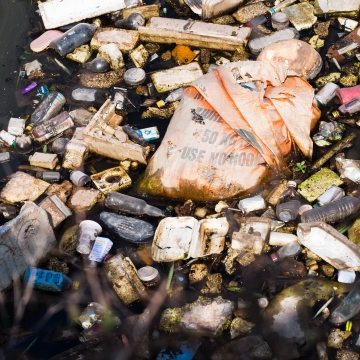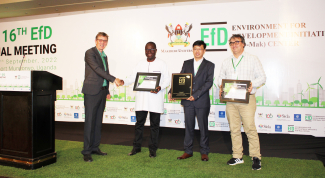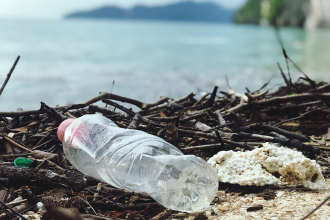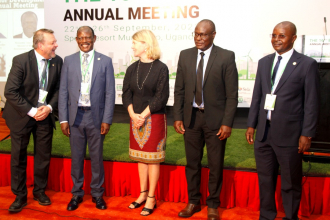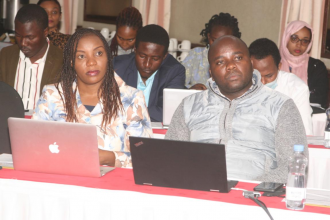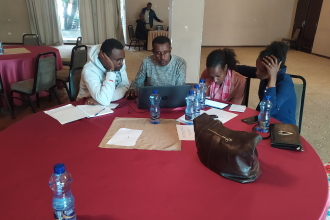Three win the EfD Policy Impact Award during the 16th EfD Annual meeting in Uganda
Three research teams were on 25th September 2022 awarded the EfD Policy Impact Award during the 16th EfD Annual meeting held at the Speke Resort Hotel Munyonyo Kampala Uganda. The award is to
